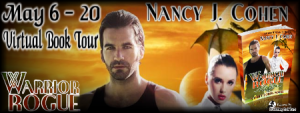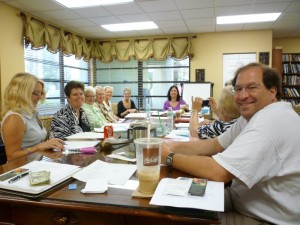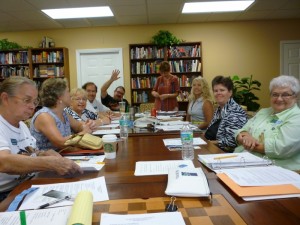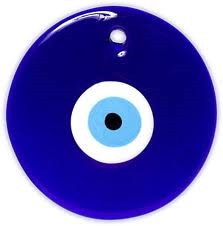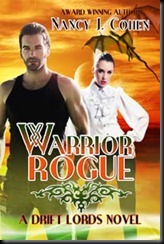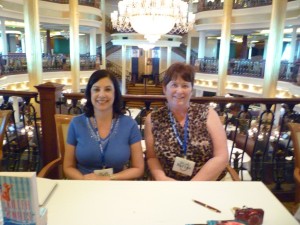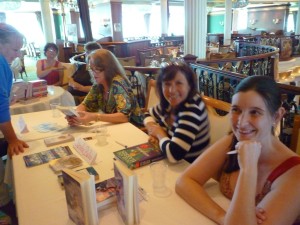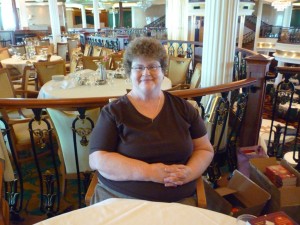Do you ever put a book down if you’ve read a few chapters and can’t go farther? This rarely happens with me, but I can recall a couple of instances where I gave up. Normally, I’ll slog through and scan pages until the end, if the story holds any appeal at all. But sometimes it’s too tedious to continue and a waste of precious time. What are some of the reasons why we might stop reading?
Too Many Characters
The book I’m reading now is one I really want to like. It’s science fiction with a strong female lead and starts off on a spaceship. I know her mission is about to go terribly wrong. The woman’s lover is an alien, and I can understand his race’s characteristics. But then we meet other crew members and a diplomatic contingent from another world. Numerous other races are introduced, and the author segues into multiple viewpoints. Now I’m getting lost. I can’t keep track of all the aliens with weird sounding names. If the story doesn’t focus on the protagonist and her human emotions, I may put this book aside.
My own first published novel employed multiple viewpoints and alien races. But since the story stayed mostly inside the heads of my hero/heroine and focused on their romance, the world building seemed to work. I won the HOLT Medallion Award with Circle of Light, so I wasn’t alone in my assessment.
Yet the current book I’m reading is just too confusing. I’m losing interest in the story because it’s too hard to keep the alien characters straight.
A mystery can have similar problems when too many suspects are introduced at the same time. I’ve been guilty of this myself, whether it is a dinner party or cocktail event or other affair which all of the suspects attend together. One chapter might contain a blast of characters, whereas the sleuth’s subsequent investigation focuses on one at a time. It’s hard to avoid this dilemma when all of the important characters appear together in a scene toward the book’s beginning.
Book Doesn’t Stand Alone
I picked up a book mid-series by a popular author whose work I wanted to read. The opening scenes left me totally lost. If you hadn’t read the previous books, you were clueless. A writer should never assume readers have followed along with her series. Each book should stand alone with enough explanations to cover previous subplots. On the other hand, this requires a delicate balance. You don’t want to bore your fans with repetitious material. Nor do you want to repeat what happened in previous installments unless it’s relevant to the current story.
Genre Lacks Appeal
I’ve judged contests where I have to read entries in a genre other than ones I prefer. I do my best to be fair, but if the story is peppered every paragraph with naughty words, for example, that’s going to turn me off. At that point, I’ll skim through the book. That’s why in my leisure reading choices, I stick to genres I know and love.
Story Meanders
Too many boring scenes where conversation acts as filler or the plot fails to advance will make me lose interest. Here I might skip ahead to get to the scenes where something happens.
Incomprehensible Language
If I am reading science fiction or fantasy and the world building includes too many made up words, I might get lost and lose interest. Every other noun doesn’t have to sound futuristic. Ditto for historical novels where the dialects are so strong as to be annoying.
Unlikeable Characters
I’ll rarely give up on a book because I don’t like the characters. These stories I might skim through to see if there’s a redeeming factor. But if I really don’t like the people, that might be cause to put the book down.
As a writer, keep these points in mind so you don’t make the same mistakes in your work. No doubt we’re all guilty to some extent, but try to avoid these pitfalls whenever possible.
So what are some reasons why you might not continue reading a story?



